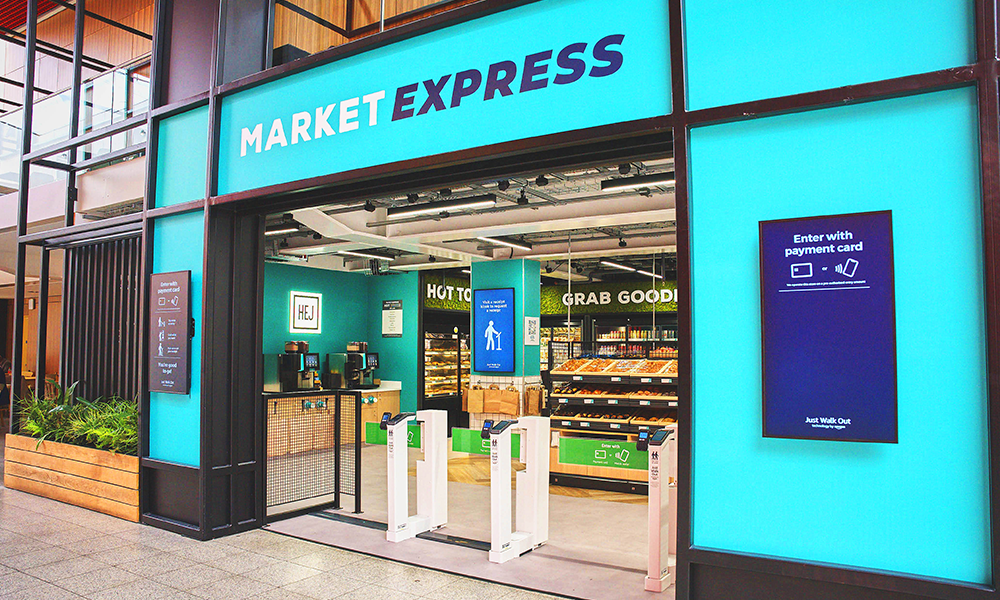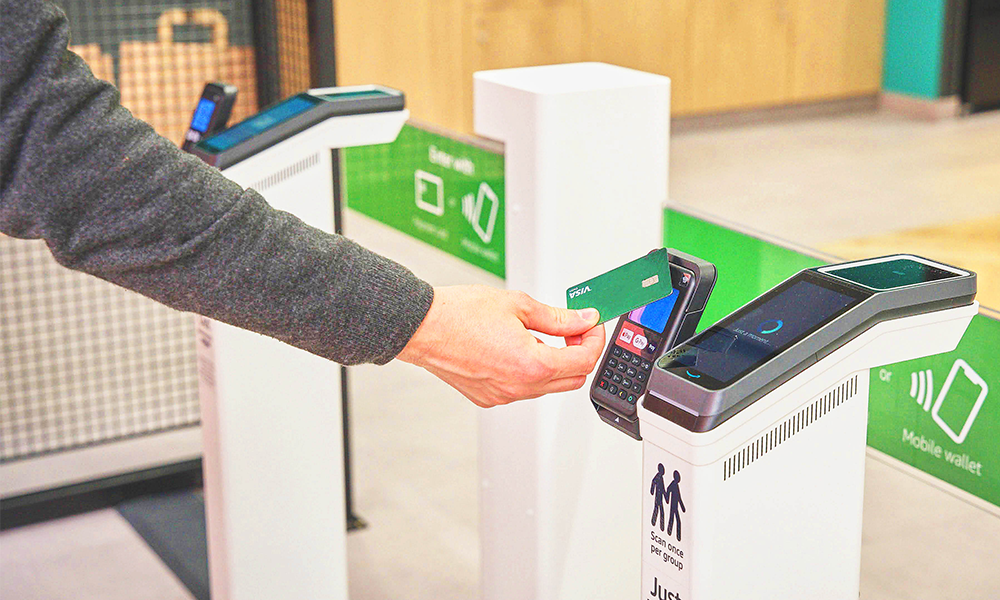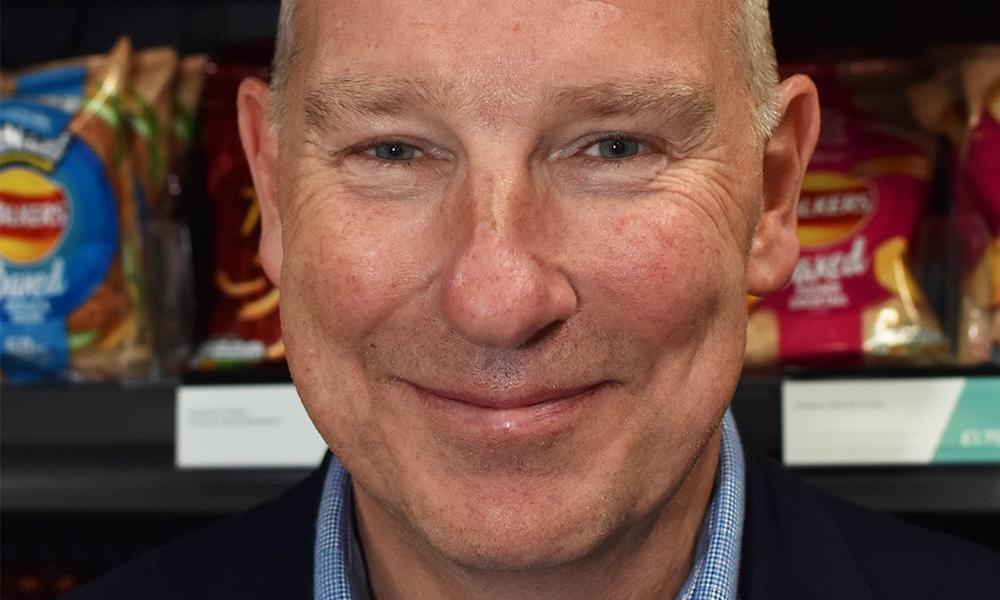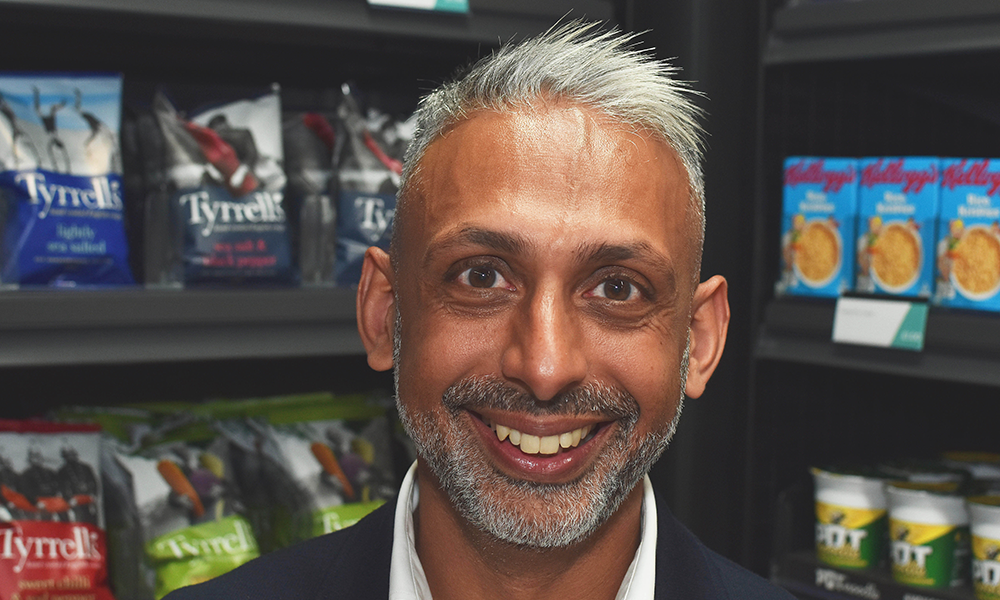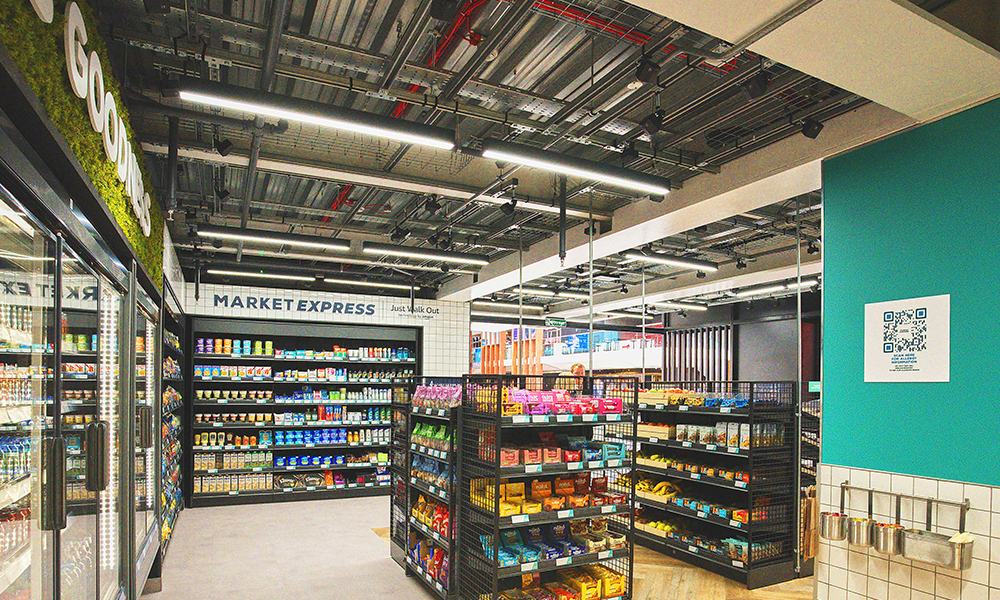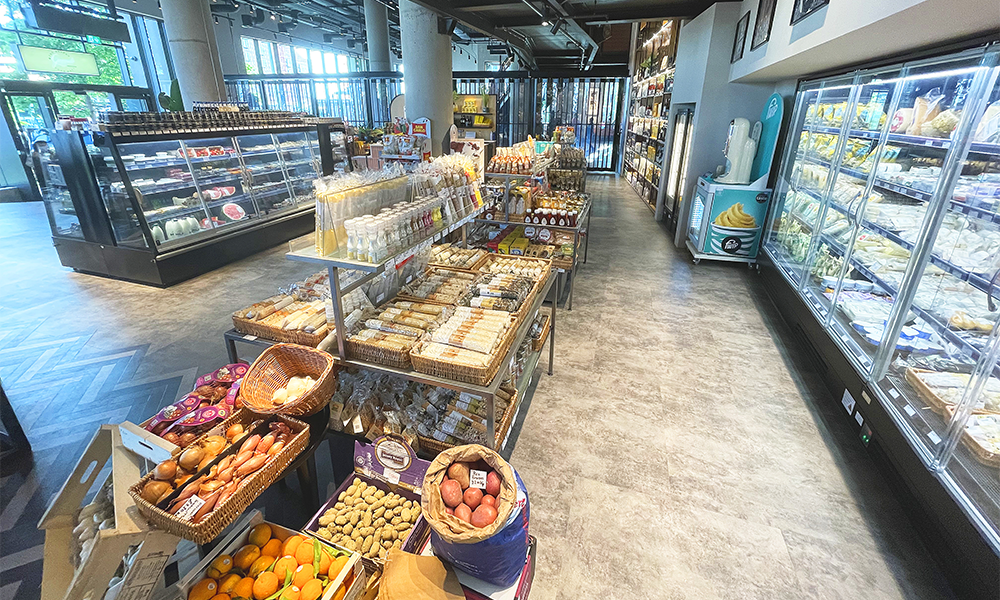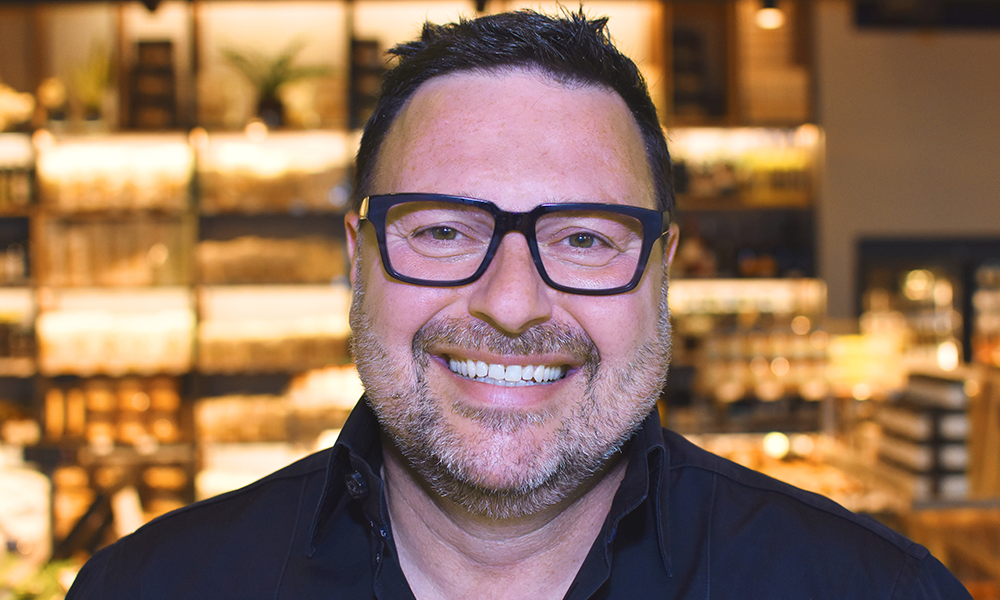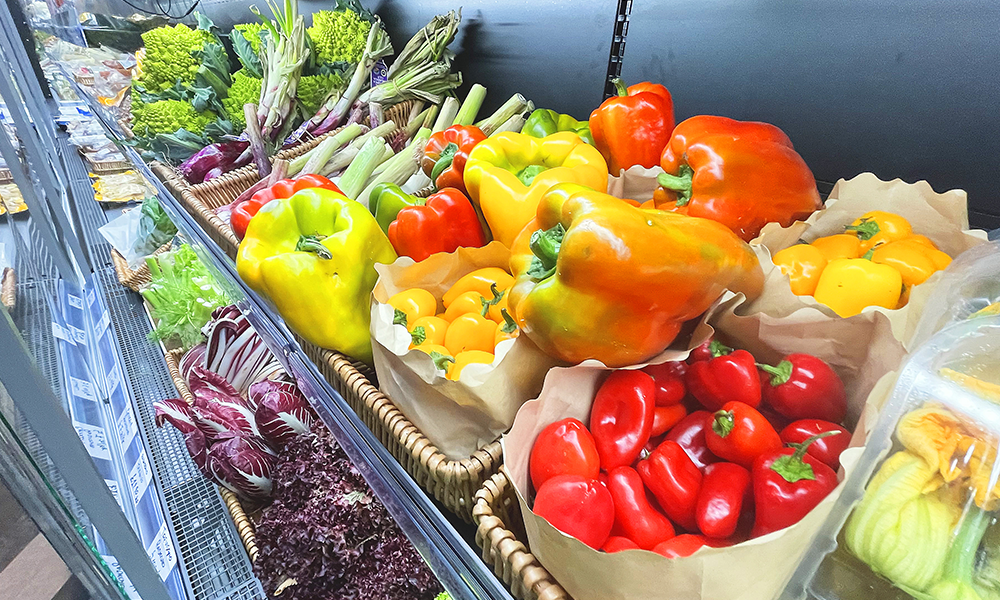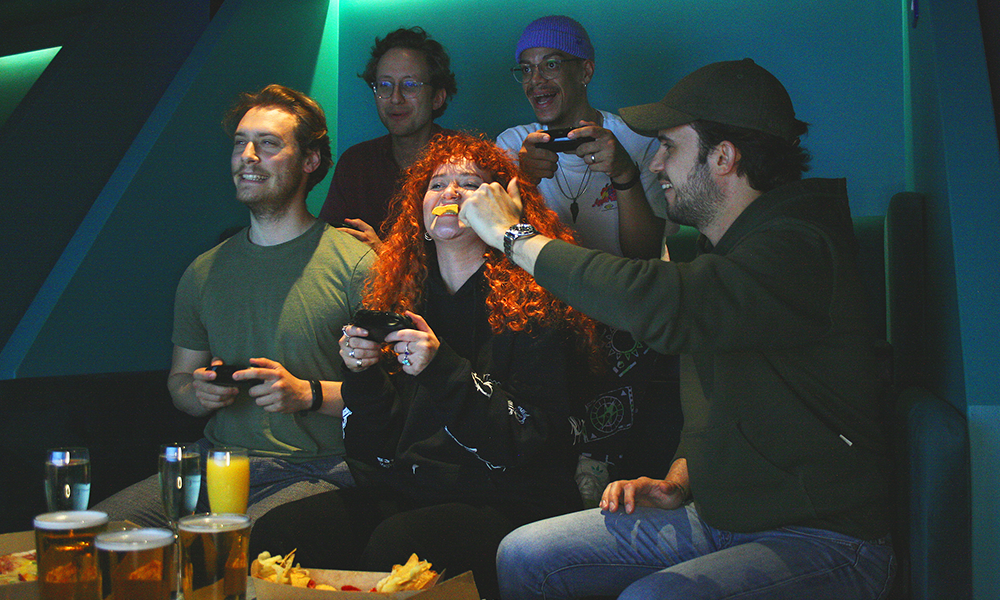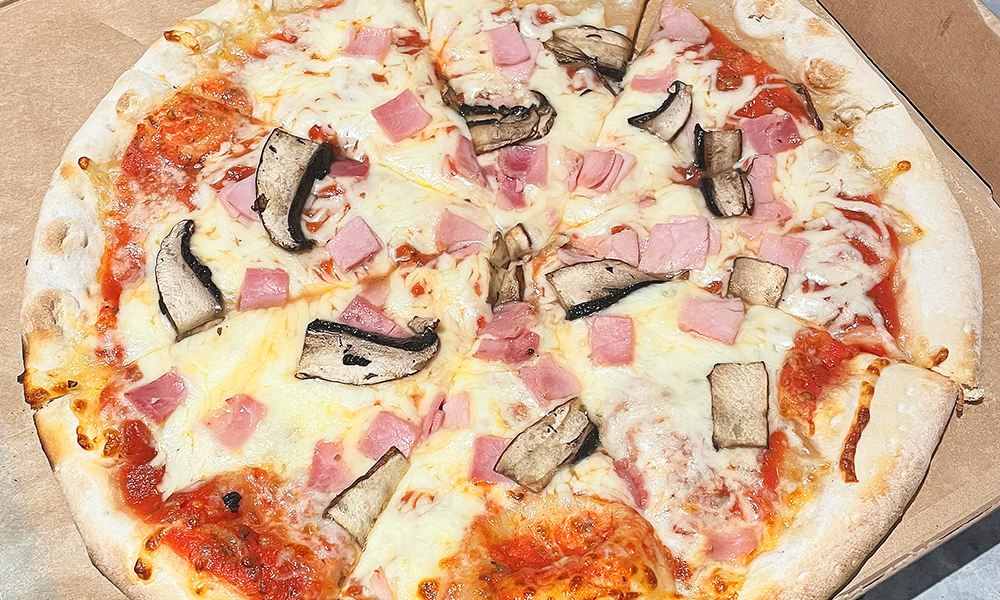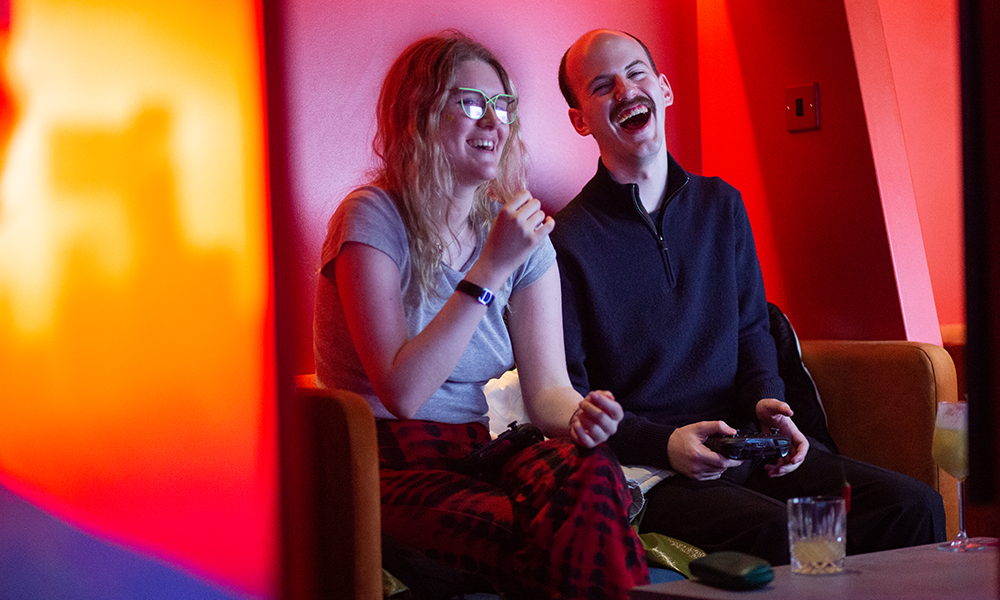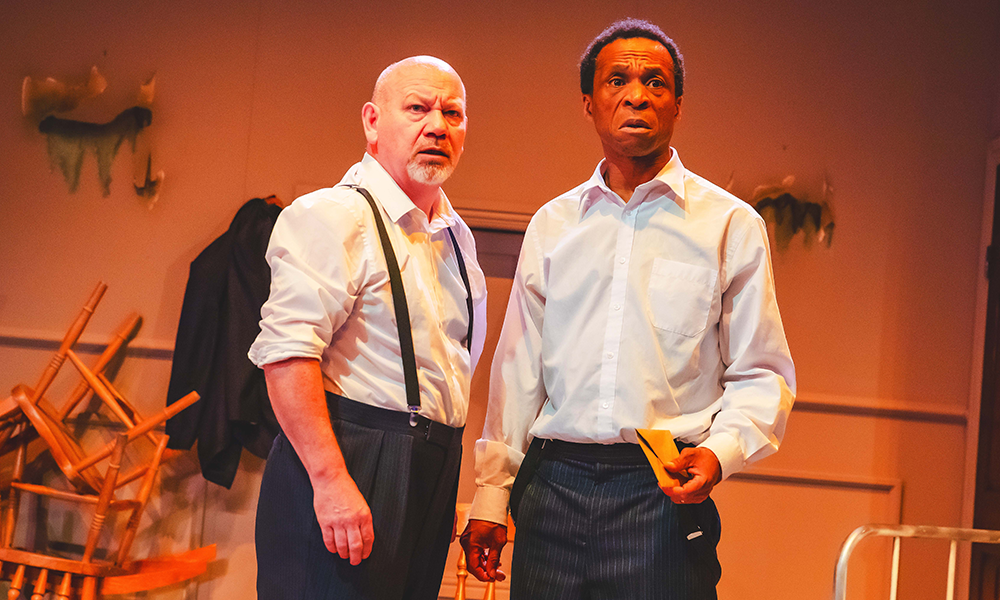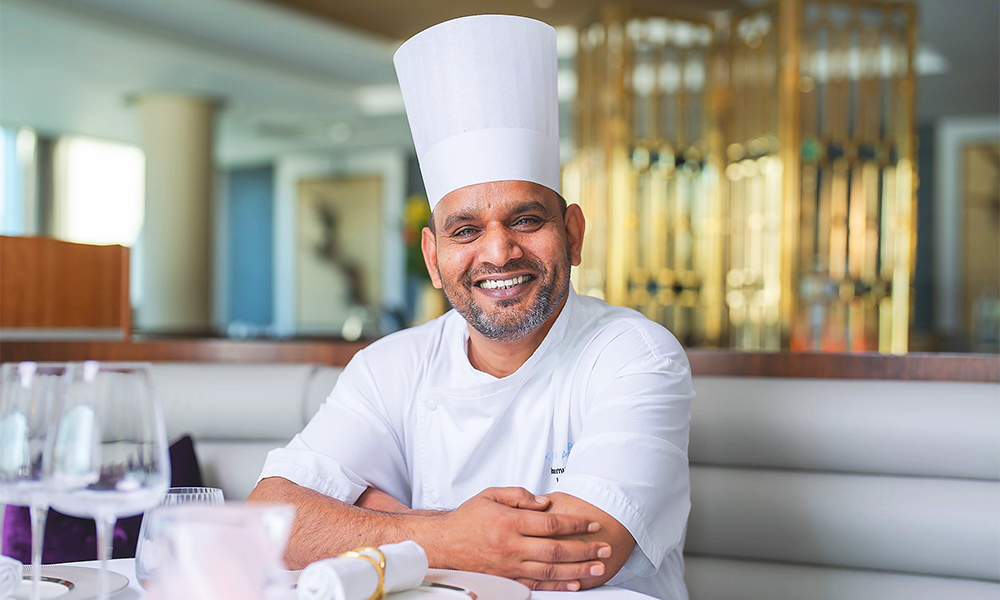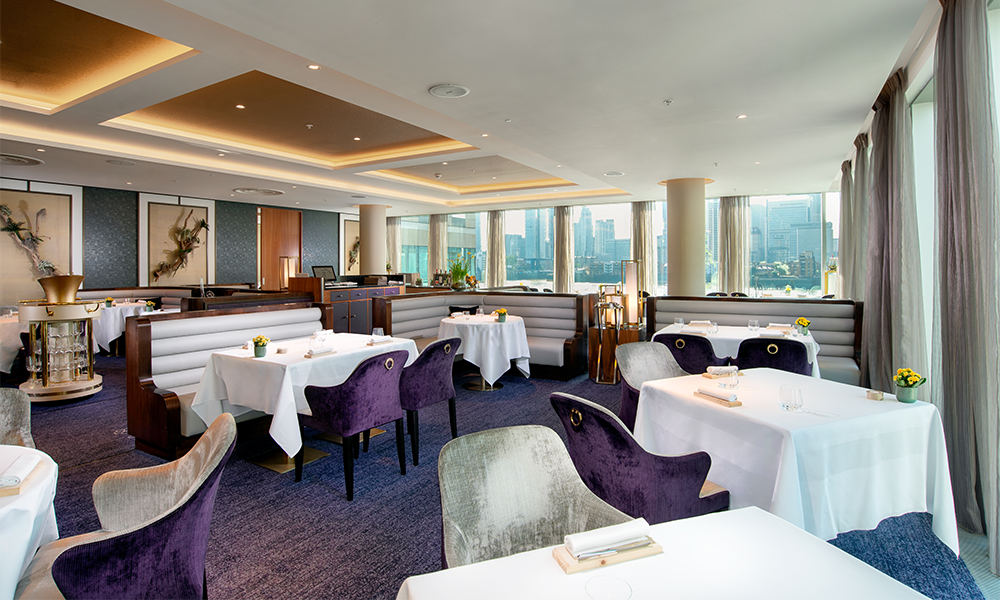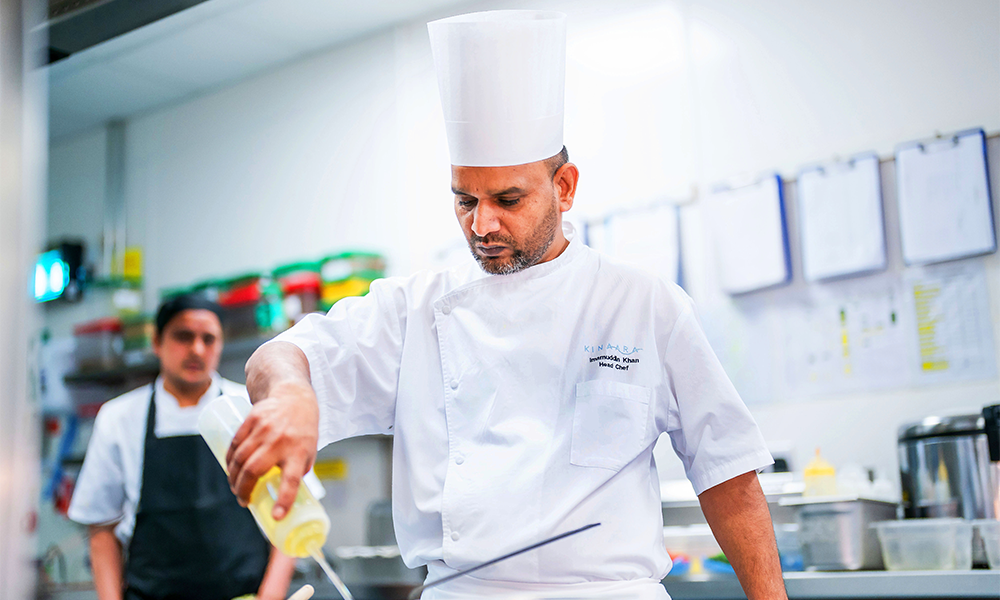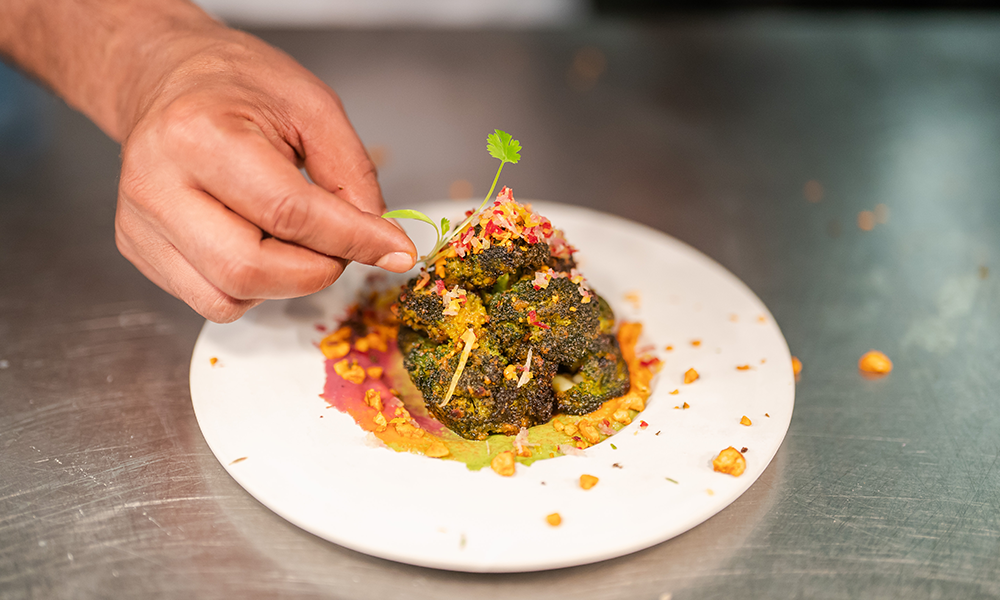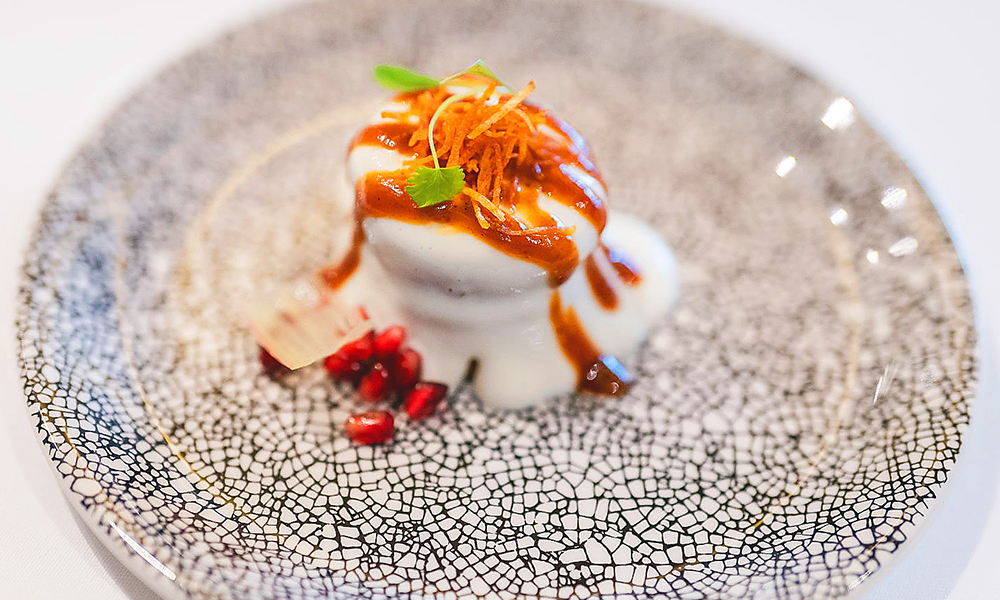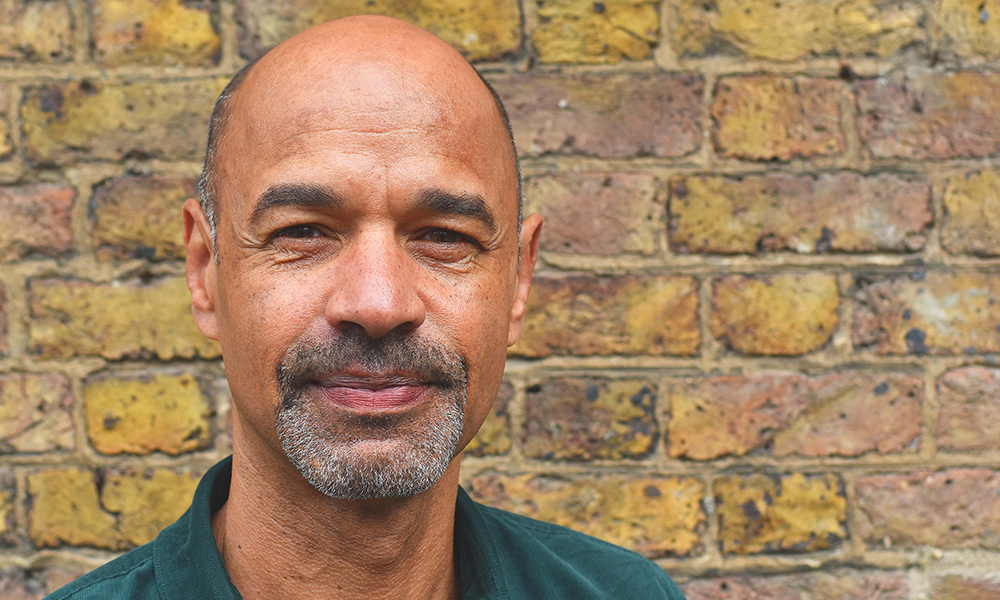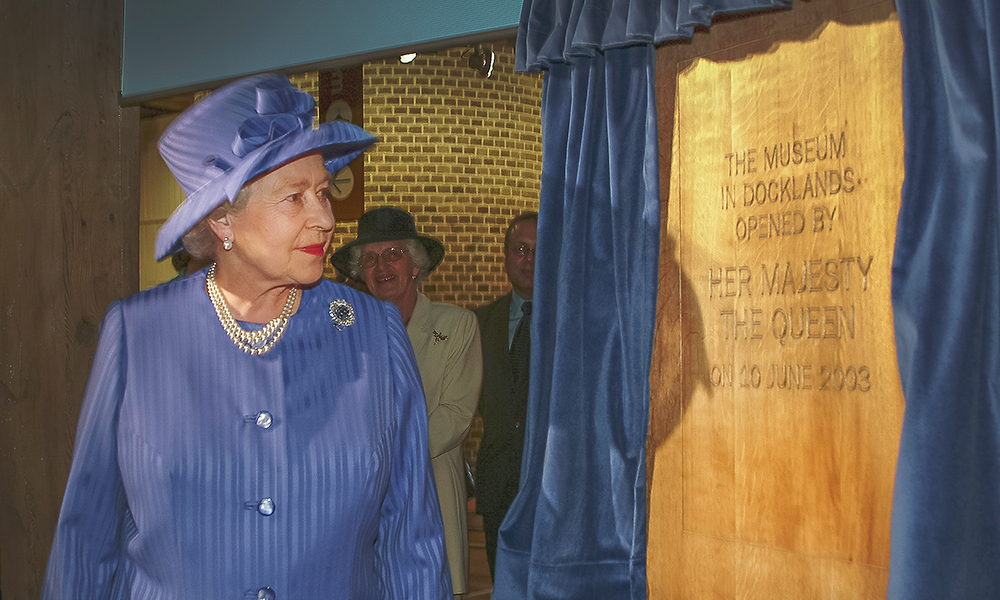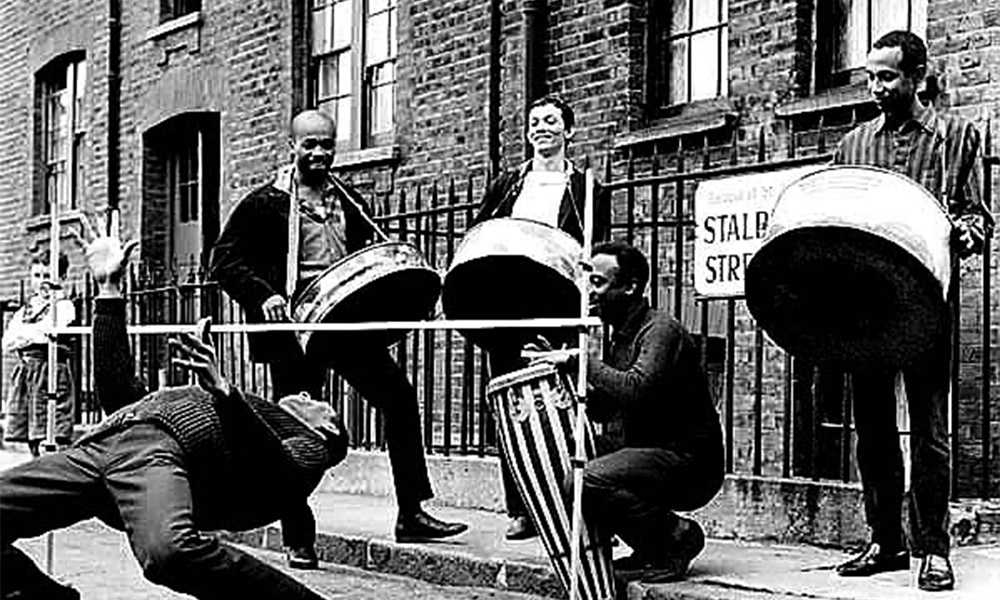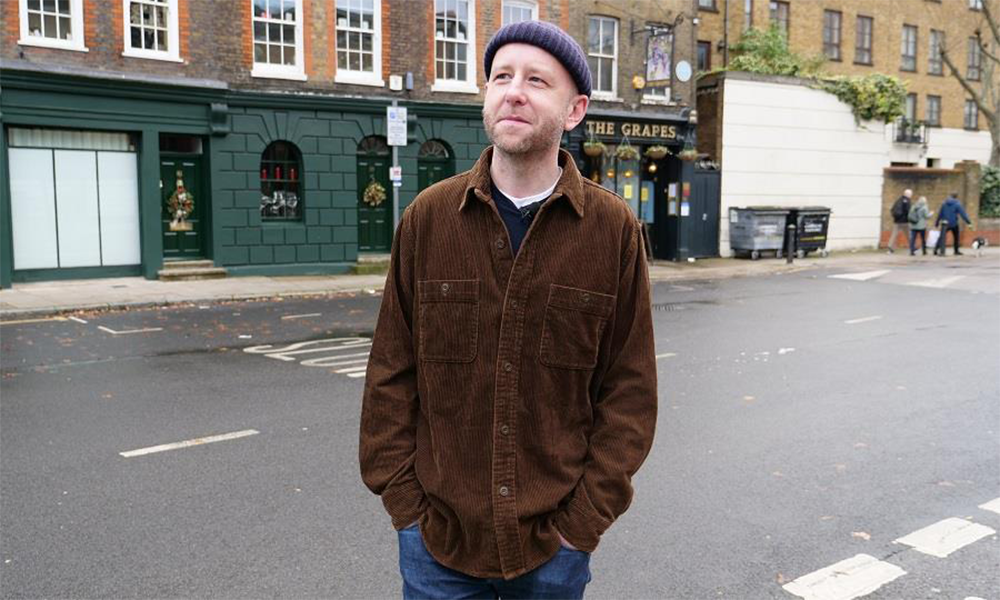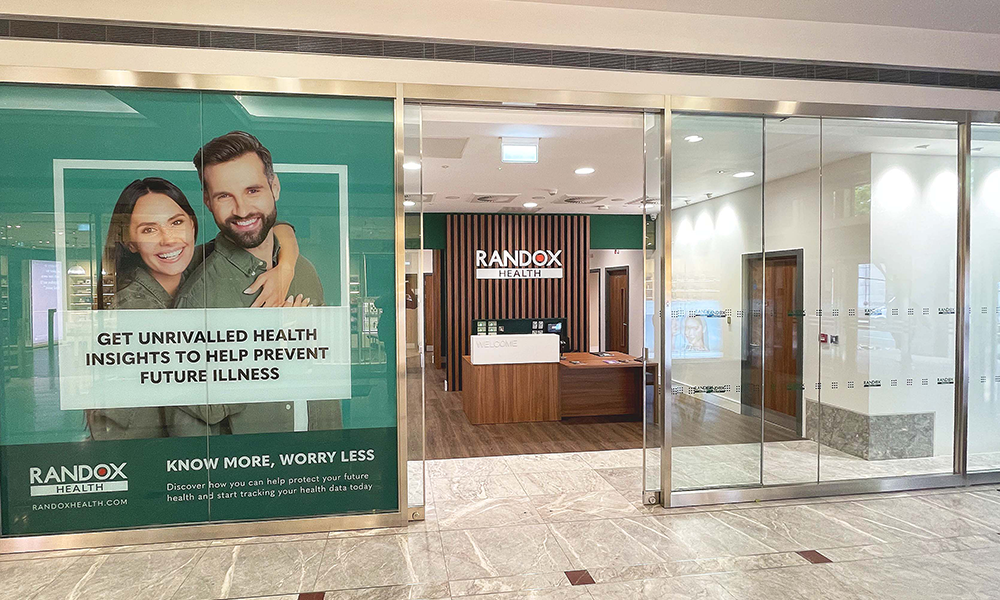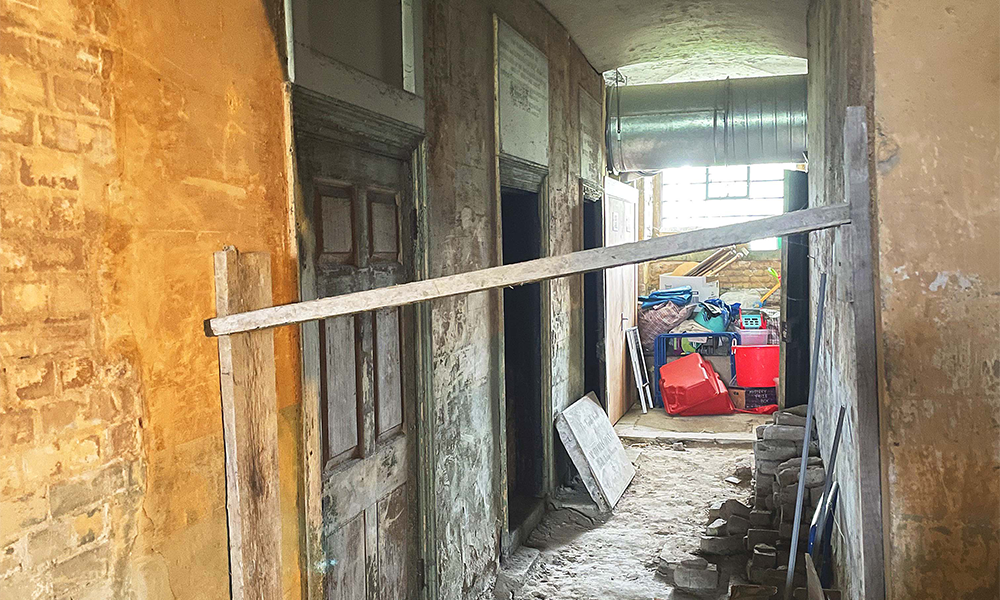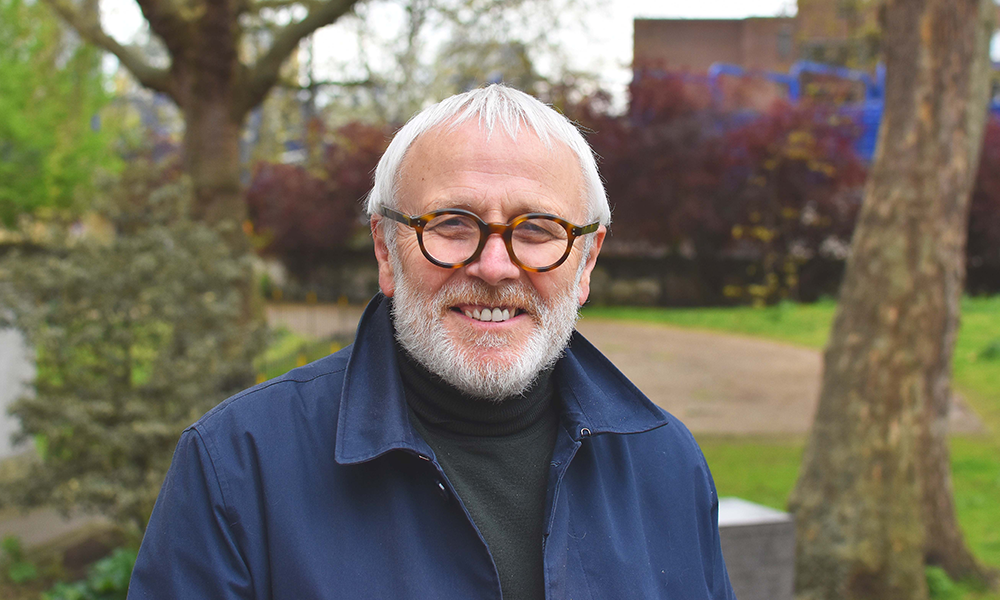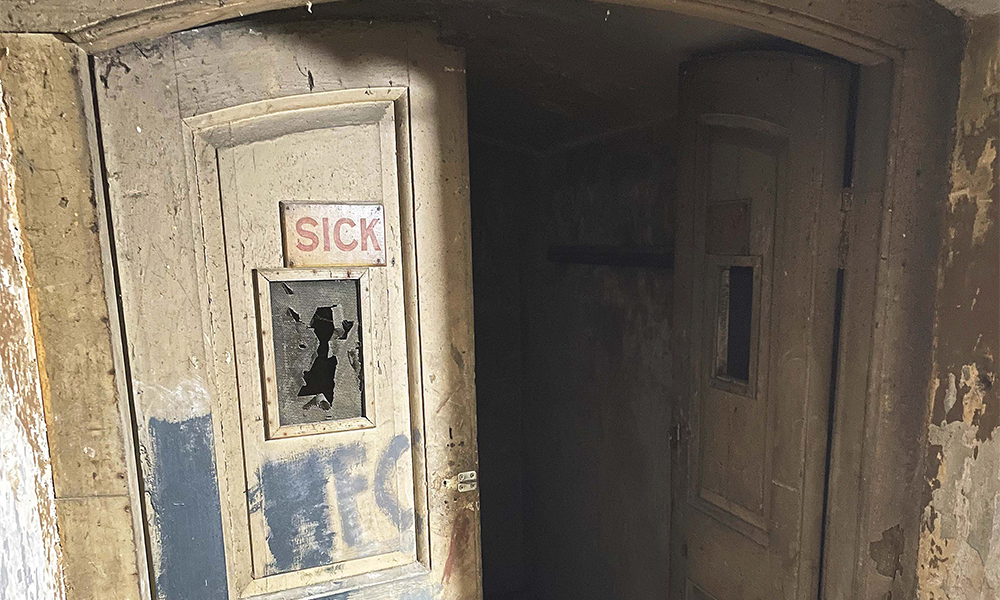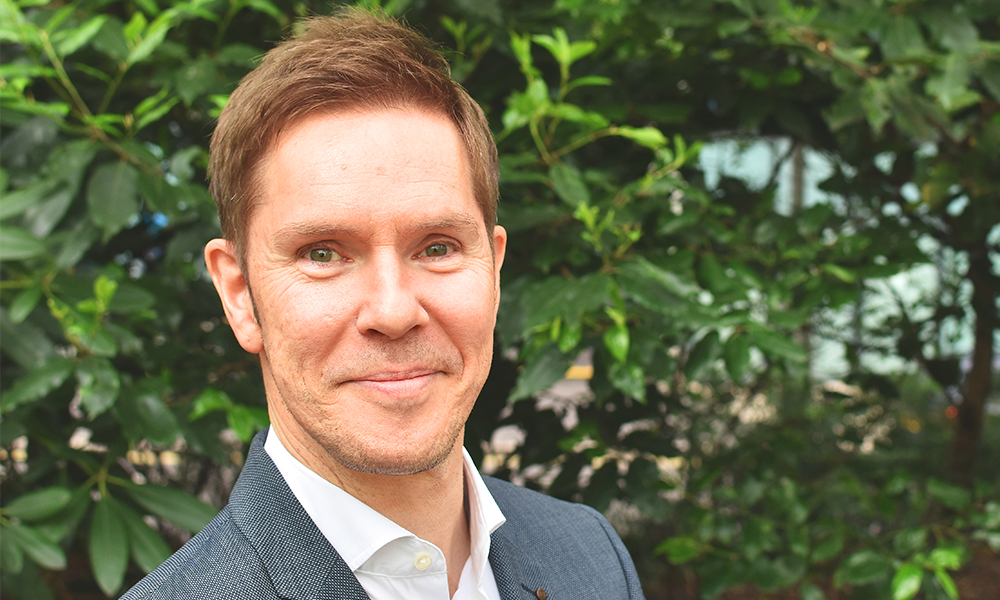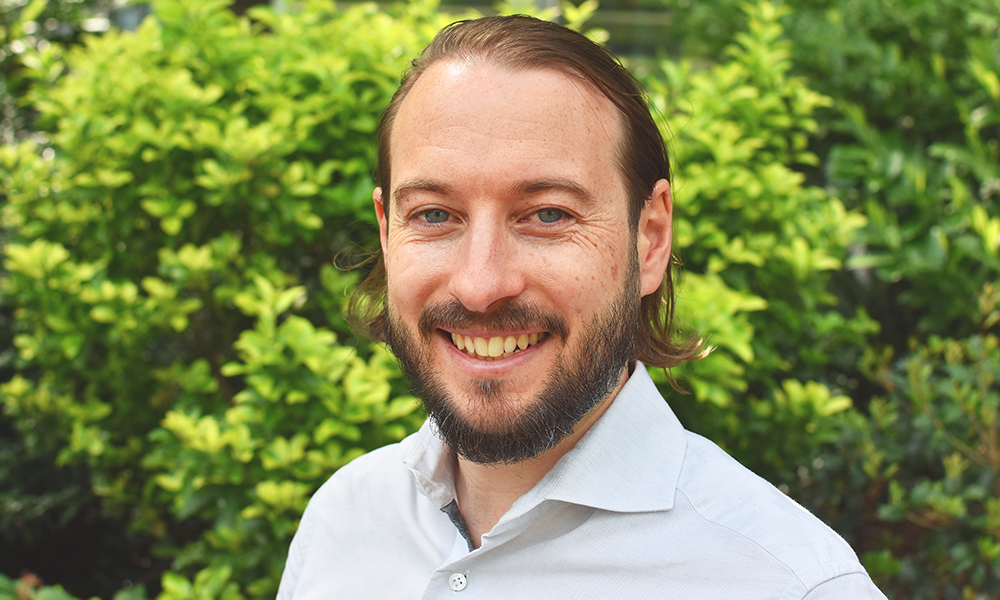Annual award is appealing to artists to submit their work to be in with a chance of winning £10,000

Subscribe to our Wharf Whispers newsletter here
People have been drawing for a long time.
Hand stencils have been found in caves dating back around 64,000 years but the act of making marks on a surface has perhaps never been as widely celebrated as it is today thanks to innumerable social media time lapse videos.
Things were very different in 1994, however, when artist and academic Anita Taylor set about founding a drawing competition.
“I founded it when I was working in higher education at an art school in Gloucestershire because it was hard to teach drawing without showing students contemporary examples,” said Anita, who today is professor at and dean of Duncan Of Jordanstone College Of Art And Design at the University Of Dundee.
“What was then the Rexel Derwent Open Drawing Exhibition was one way of supporting artists who draw by giving them the opportunity to show their work.
“But it was also a great opportunity to give students the chance to see the work of artists who made drawings and were drawing now.
“Contemporary drawings were difficult to see other than in museums up to the 1990s, so the exhibition has grown from there.
“It has become very popular and there has been a very big submission.
“Through that we’ve built a lovely community of artists who want to test their work through the format of an exhibition.
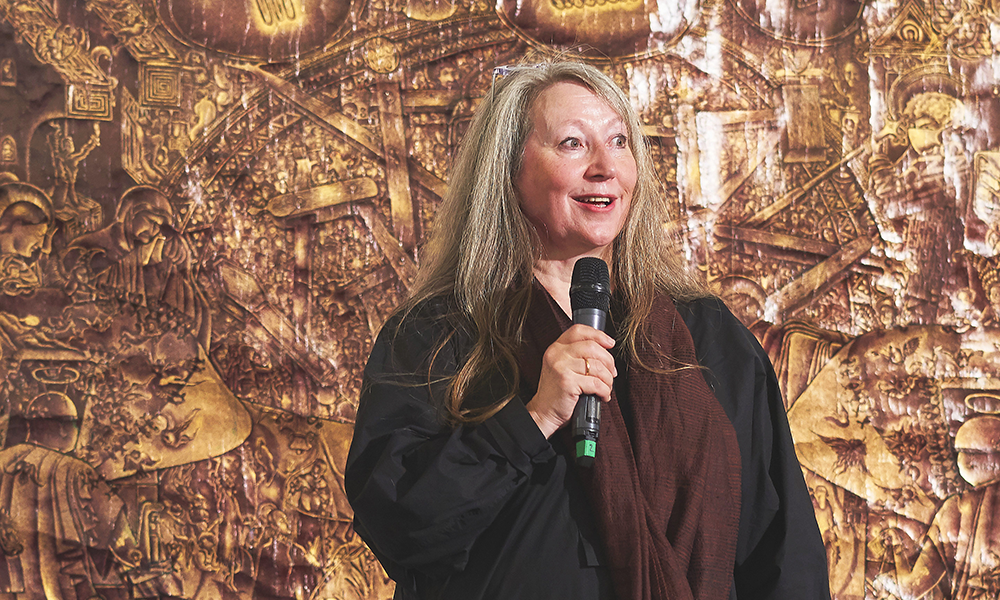
“It also works to further education in terms of being able to share drawings and discourse about them with schools, colleges, universities, researchers and the public, of course.”
The competition has been through several iterations since it was founded, including some 16 years as the Jerwood Drawing Prize with funding from the Jerwood Charitable Foundation.
Today the Trinity Buoy Wharf Drawing Prize has been in east London for the past six years – supported by Eric Reynolds and the team at Urban Space Management in Leamouth.
Attracting more than 3,000 submissions, it culminates in an exhibition of some 65 works, which starts off in east London before touring the country.
A panel of selectors is responsible for choosing the shortlisted entries and awarding four prizes – first and second place for £8,000 and £5,000 respectively, a student award of £2,000 and the Evelyn Williams Drawing Award of £10,000, which is given every other year.
There is also a separate submission and selection process for working drawings with a prize of £2,000.
All submissions from the UK need to reach the selectors by June 30, 2023.
“Drawing is hugely important to everybody as a vital means of communication and expression,” said Anita.
“It’s something that we all do, but it has become a very sophisticated language and something that enables us to see where we are in the world – to understand what it is to be human and to communicate effectively.
“It covers the whole range of languages, medium, purposes. We’re looking for drawings that are different in their form, intent, content and execution.
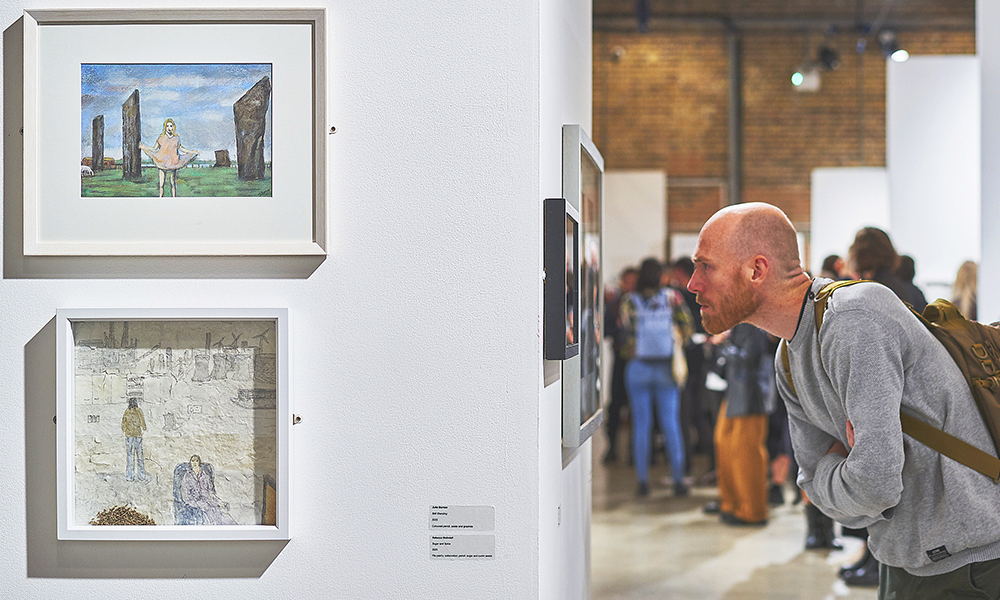
“It might be a performance drawing, a diagram, an expressive drawing – we don’t define what a drawing is, but we do ask people to consider what a drawing is.
“Then, it’s for the panel to decide what a good drawing is and find a good drawing they can agree on.
“It’s a very broad field and this is part of our discussion about what a drawing is today. That’s why we have a series of experts reflecting on this.
“We’ve had works entirely found, works that have been performance drawings and works that are beautifully executed – more conventional drawings.
“We’ve had fantastic things and amazing artists in the show.
“We’ve had phenomenally well-established artists, either at the beginning of their career and also later in their career.
“It’s a great thing where people feel open to test their own drawings.
“We see works by students, by various published artists and people who draw but may not be artists – engineers, for example.
“It’s the panel’s decision whether to include digital work, but if it’s original work, then some argue it shouldn’t be reproducible – but it really depends what its purpose is.
“David Hockney’s digital drawings are really amazing, for example, so we think we will see drawings that reflect that interest, but it will be down to the selectors to see which ones they want to include in the exhibition.”

The 2023 panel making those decisions for the main prizes will be Laura Hoptman, executive director of The Drawing Center in New York, Dennis Scholl, collector, arts patron and president and CEO of Oolite Arts and British artist Barbara Walker.
It will be their deliberations, which result in the content of the exhibition, which is set to launch on September 27, 2023, at Trinity Buoy Wharf.
“I hope people who come and see it will be excited by drawing – that most humble of activities,” said Anita.
“It’s something that appeals to everyone. I hope they will see that drawing is really inclusive.
“It’s an extraordinary space that explores and reflects all sorts of different approaches to drawing, to see marks on paper, on the ground, on film, on tracing paper – testaments about being alive in the world today.
“I should like visitors to take from it that everyone can draw, and we’ll include everybody.
“We’ll also have a fantastic education pack and we’ll be encouraging schools and colleges – everybody – to get involved.
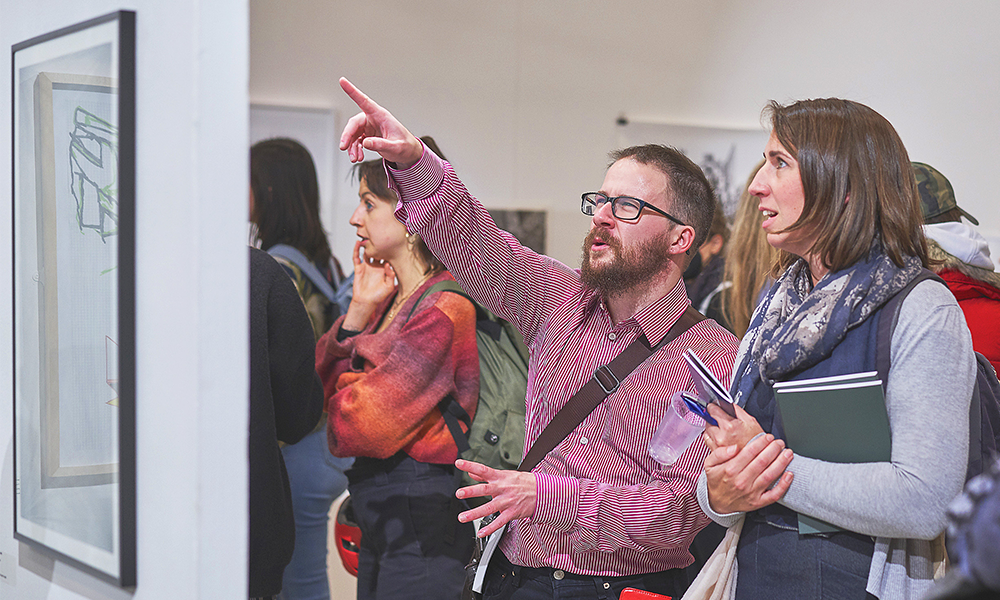
“The exhibition is set to finish on October 15 at Trinity Buoy Wharf before it goes on tour everywhere.
“It’s something people all over the country can really enjoy because drawing can help them deal with complex issues in a way that can engage others.
“That’s one of the beautiful things about it – it can take people on a journey without them feeling that it’s complicated.
“It’s perhaps less frightening and more inviting than other kinds of art.
“The space at Trinity Buoy Wharf is so welcoming, so open and so reflective.
“Anyone is welcome to submit work, but we would recommend that people are over 18.
“There’s no age limit as such – we don’t want anything that would stop work being submitted.
“So if you think it’s a drawing – a good one – and it’s a drawing you want to test in this kind of way, then it’s a fabulous opportunity to get your work seen by a really distinguished panel.”
- Also coming up at Trinity Buoy Wharf is We Two Were Lovers – The Sea And I, a concert featuring singer Catherine Hooper and harpist Nicolette Chin.
The programme will include works by Haydn, Wagner, Dvorak and Coleridge-Taylor as well as readings of poetry by Emily Dickinson and Carol Ann Duffy.
The concert is set to take place on June 18 from 2pm-3.45pm with tickets costing £14.25.
Read more: How Kinaara on Greenwich Peninsula offers authentic Indian flavours
Read Wharf Life’s e-edition here
Subscribe to our Wharf Whispers newsletter here
- Jon Massey is co-founder and editorial director of Wharf Life and writes about a wide range of subjects in Canary Wharf, Docklands and east London - contact via jon.massey@wharf-life.com




